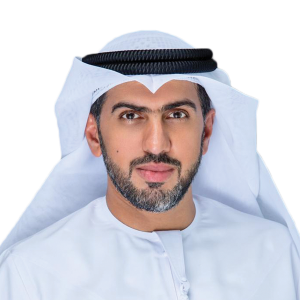Credibility in political relations has always been the cornerstone of the negotiation process between countries. When we look at the future of the region, we will come across several changes affecting it over the past century. Those include transient ideologies and many wars that have paused the region’s development and growth progress.
We will also conclude that there are still some dilemmas in the Arab world standing in the way of people’s quest to acquire their rights with no prospects to developing new policies and initiating negotiations that would benefit everyone.
Yet, some countries are playing a populist role under the slogans of resistance and struggle without any achievements on the ground, but rather building secret relations with their enemies. From opening doors to talks to using fruitless pressure tools, such countries’ stances keep on fluctuating, without any worthy development.
Take for example some major developments in the region that took place over the past years, including annexing the Golan Heights and moving the US embassy to Israel to Jerusalem. We did not see any real opposition against these steps and even when Netanyahu made up his mind to annex 30% of the West Bank, was there anyone who would stop him in exchange of interests that would open the door for discussions and negotiations?
This is what was achieved by the UAE when it established diplomatic ties with Israel and is now being followed by Bahrain. And the question arises here will we shortly see a bloc of Arab countries demanding Israel to recognize the state of Palestine on the condition of establishing relations with it?!
Peace between states, political dialogue and negotiation have always been the fundamental pillars of the successful diplomacy that can help settle many complex issues afflicting the MENA region.
It is, in fact, the diplomacy that is being followed by the UAE, thanks to its firm belief that extending bridges of communication between conflicting parties is the shortest and best way to security and stability. This clearly explains the UAE’s bold step to sign a peace treaty with Israel.
However, and when it comes to fighting terrorism in all its forms and manifestations, the UAE follows a policy of zero tolerance and to that end, it has joined the international coalition to combat terrorism, and participated in the campaign launched to eliminate the extremist organization ISIS, as well as in the Arab coalition to support legitimacy in Yemen.
After all, the ball remains in the court of the two involved parties, namely Israel, which must highlight its true intentions towards Arabs … and the Palestinians, whose flabby government is still living under illusions of demands that have left no room for compromise; and perhaps it is the time for them to have a more youthful and open-minded government that can fathom what does “peace for peace” truly mean.
Actions speak louder than words. This is a lesson we learned in the school of leadership. Just days ago, the UAE was highlighted in one of the most significant reports …







